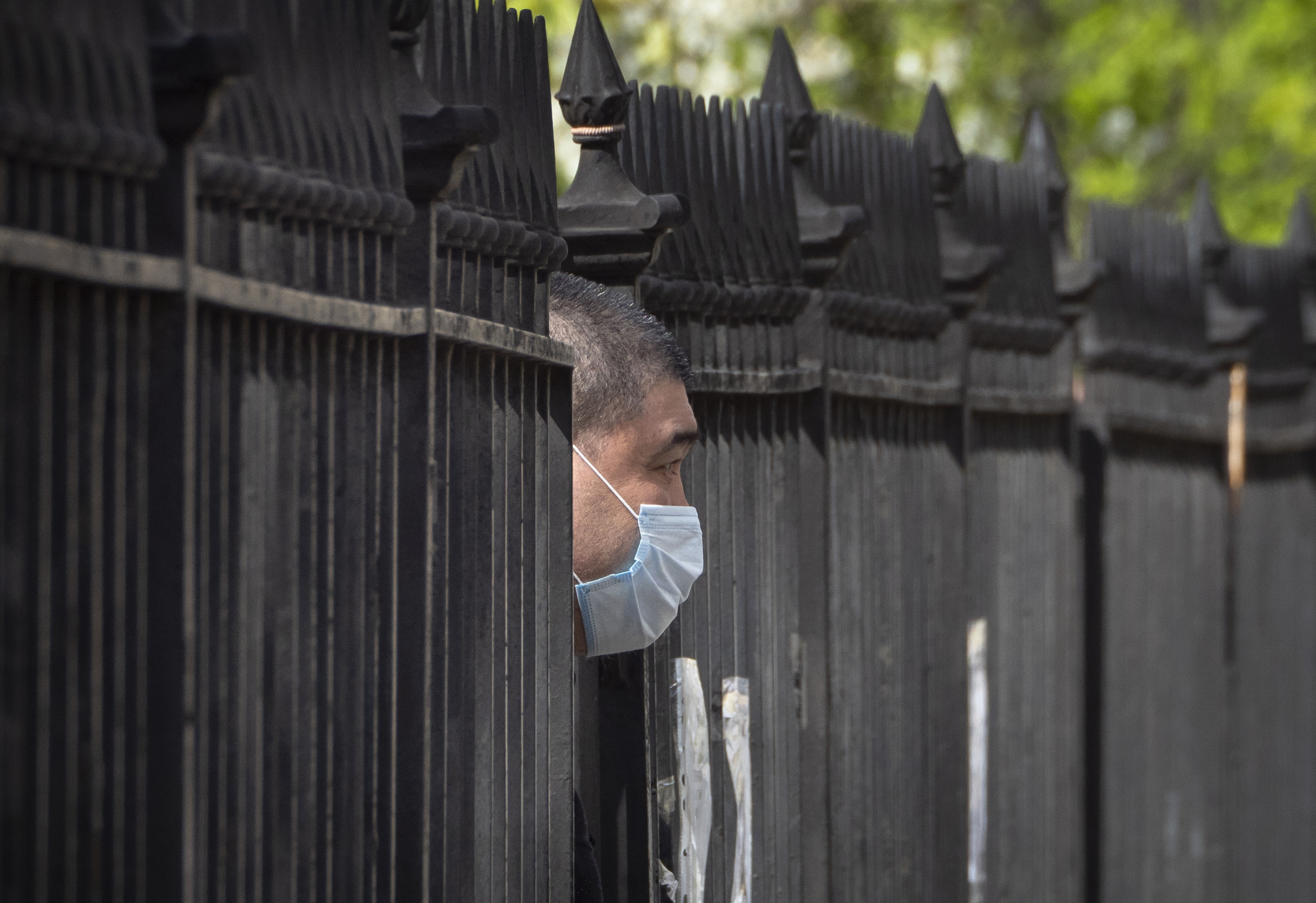Lies in the Time of COVID, Part X

With the spread of COVID-19 impacting the world, the United States Agency for Global Media and its networks have remained committed to providing accurate and unbiased information about the coronavirus, clarifying any misinformation, and exposing disinformation related to the pandemic.
First things first… it’s real
- RFE/RL’s Russian Service highlighted the results of a May 26 survey by the Higher School of Economics that found 23% of Russians do not believe the COVID-19 pandemic is real, saying it is “manufactured by interested parties” – an increase from 12% on March 19 – while 10% said the threat is exaggerated.
- RFE/RL also covered OpenDemocracy’s recent investigation into a U.S.-funded online media outlet in Armenia, focusing on medical and healthcare issues, which published and republished coronavirus-related disinformation describing the pandemic as “fake” and calling on Armenians to refuse any potential vaccines.
- RFE/RL’s Armenian Service also looked into fake reports about people purportedly getting paid to fake a “coronavirus diagnosis,” learning that the rumor was spread mostly by fake social media accounts and pages.
…and not engineered
- VOA Armenian’s reports on the “infodemic” related to COVID-19 and disinformation spread by Russia and China had thousands of views on Facebook and were widely republished by the Armenian media. The Service also featured an interview with Christopher Smith, Deputy Chief of Mission at the U.S. Embassy in Armenia, in which he discussed U.S. support for the establishment of biological research labs in the country to help address a range of biological threats. Until recently, these labs were the only ones conducting COVID-19 tests in the country, and Smith said they have also been falsely targeted by Russian disinformation campaigns that framed them as a source of the viruses in the region.
- VOA Georgian interviewed Washington Post columnist and renowned author David Ignatius, who said that his sources in the intelligence community emphasize that the virus was not artificially engineered and that it is important to learn more about its origins not to punish any one actor, but to establish a clear historical record and to prevent similar outbreaks in the future. The interview was the most viewed video on affiliate TV Pirveli’s Facebook in the first 24 hours after publication, with over 55,000 views, while on the VOA Georgian’s page the show generated more than 15,000 views.
Clearing up the rumors about vaccines
- Current Time’s Footage vs. Footage show examined how the global media are covering the race to find a coronavirus vaccine.
- RFE/RL examined the claim by the Russian Health Minister that Russian companies could have a COVID-19 vaccine available around the end of July, and featured experts who explained that having a properly-tested, viable mass vaccine developed in this timeframe is practically impossible. Current Time also featured an in-depth discussion with experts on the viability of a vaccine in such a short time.
- In another case, the authorities are accusing a Tajik blogger living in Russia of spreading false information about the coronavirus after he published a video calling on all Central Asians – in Russia and back in their countries – to refuse all coronavirus vaccines because, he said, these vaccines will aim to kill all non-Russians.
COVID’s impact in the world
- New installments in VOA’s Life, Death, Liberty: How the Pandemic is Reshaping State Power series explored how governments are exploiting the COVID-19 pandemic to clamp down on freedom of speech and other political and human rights in Turkey, Iran, and across Africa.
